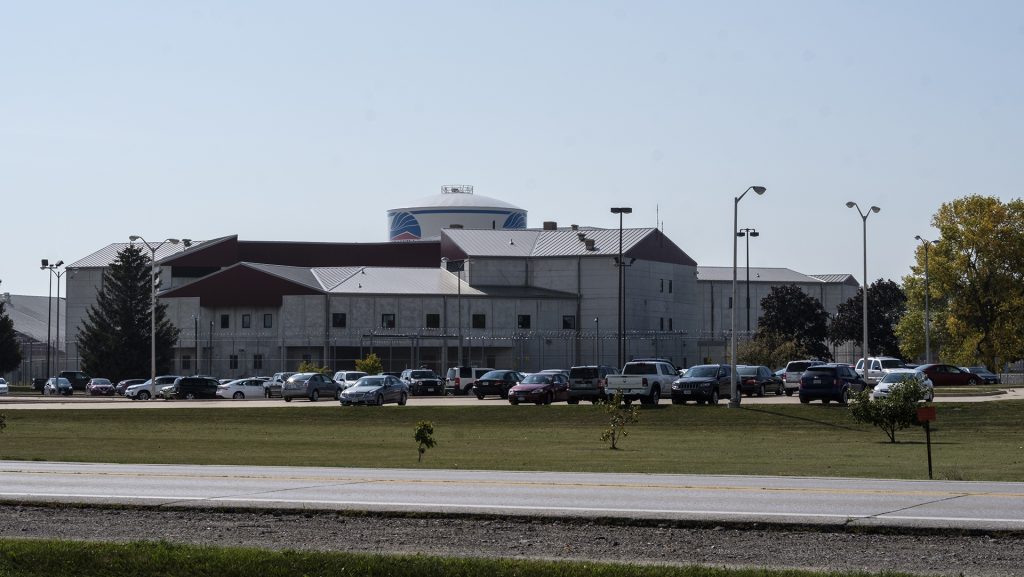Prison health care in Arizona is inadequate. But, some Americans are using their power to give a voice to the imprisoned voiceless.
Constance Judd
As a country, more often than not, we fail to remember that the individuals housed in prisons are, in fact, humans. Over the years, it has become painfully apparent that the prison system, on both a local and federal level, in the U.S. is in the dire need of amending. This concept of amending, however, has rarely made it to the forefront of the media until recently.
Just this past week, U.S. Magistrate David Duncan, a judge overseeing a class-action lawsuit filed against the state of Arizona regarding the overall quality of health care in its prisons, will hold hearings in order to determine whether the state is cooperating with previously junctions. Additionally, Duncan will examine allegations concerning an inmate-care provider because of allegations that it failed to provide medical care for inmates.
In the most basic sense, everyone deserves essential health care; however, it is apparent that in the U.S., once one commits a crime that places them in the hands of the prison system, it seems as if they lose all sense of their humanity, or rather, society no longer regards them as humans. Throughout history, U.S. prison systems have failed to be modernized in the way that upholds this notion that everyone is deserving of basic human rights, such as, but not limited to, free from overcrowding environments, limited rehabilitation opportunities, and nonexcessive sentences.
RELATED: Bipartisan prison reform could finally be a reality
For instance, as of 2010, U.S. federal correctional facilities housed more than 1.6 million inmates, with institutions in at least in seven states over capacity by 25 percent or more. More than 3,200 inmates in the U.S. are serving life sentences without the chance of parole for both nonviolent and petty offenses. Two-thirds of released inmates are rearrested within three years of their release because of poor rehabilitation attempts.
With Duncan, however, it seems as if this is slowly beginning to change. Institutions of power are now beginning to become the voice for those that lost theirs so long ago. While this is not the first, nor last time, that the state of Arizona has become a topic for discussion regarding its prison system, it is apparent that the unjust treatment of inmates is becoming a tangible topic of discussion. Individuals such as Duncan are using their current status in society in order to alter the dehumanizing perception of inmates.
It is essential to understand that while cases such as this are often overlooked by the media, it is in fact instances such as this that become the precursors for institutionalized change to occur. At a first glance, it may seem as if the initiative brought by Duncan will become a failed attempt to fix the problem of unjust treatment of inmates in the U.S., when in fact, Duncan is setting the foundation for change to occur.
All it takes is one individual, especially one with power that is provided by an institution.



